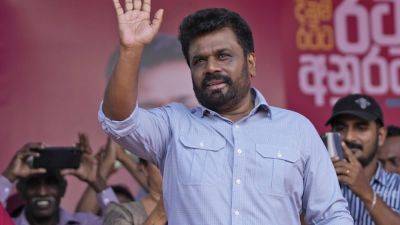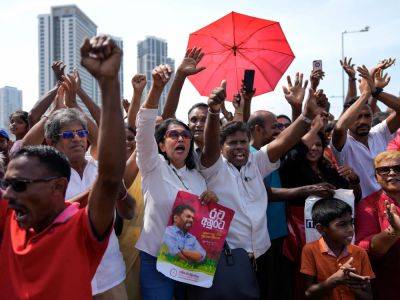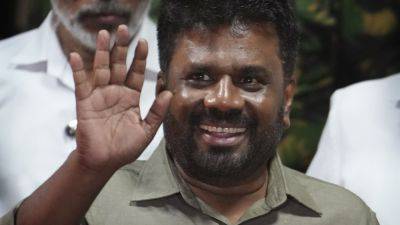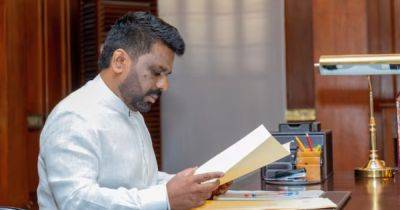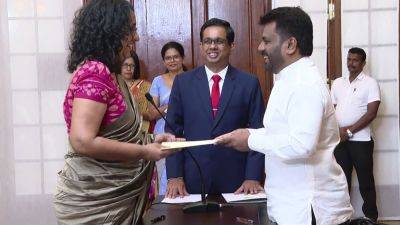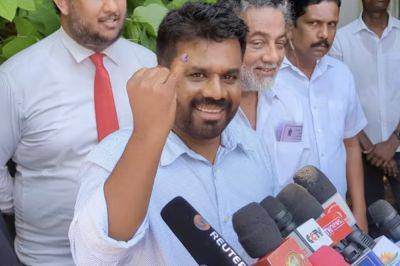Crisis-hit Sri Lanka votes in crucial election to decide economic future
COLOMBO - Millions of Sri Lankans cast their votes on Sept 21 to select a new president who will face the task of cementing the South Asian country's fragile economic recovery following its worst financial crisis in decades.
More than 17 million of Sri Lanka's 22 million people are eligible to vote at the presidential election that has shaped up to be a close contest between incumbent President Ranil Wickremesinghe, main opposition leader Sajith Premadasa and Marxist-leaning challenger Anura Kumara Dissanayake.
Voting began at 7am (9.30am Singapore time) and will end at 4pm (6.30pm Singapore time), with counting scheduled to start shortly after.
"All arrangements are finalised to hold the election at over 13,000 polling stations countrywide and 250,000 public officials will be deployed to manage the election," Mr R.M.L. Rathnayake, head of Sri Lanka's election commission, told Reuters.
This is the first election since Sri Lanka's economy buckled in 2022 under a severe foreign exchange shortage leaving the Indian Ocean island nation unable to pay for imports of essentials including fuel, medicine and cooking gas.
Thousands of protesters marched in Colombo in 2022 and occupied the president's office and residence, forcing former President Gotabaya Rajapaksa to flee and later resign.
Buttressed by a US$2.9 billion (S$3.74 billion) bailout programme from the International Monetary Fund (IMF), Sri Lanka's economy has posted a tentative recovery, but high cost of living remains a core issue for many voters.
Although inflation cooled to 0.5 per cent in August and GDP is forecast to grow in 2024 for the first time in three years, millions still remain mired in poverty and debt, with many pinning hopes of a better future on their


